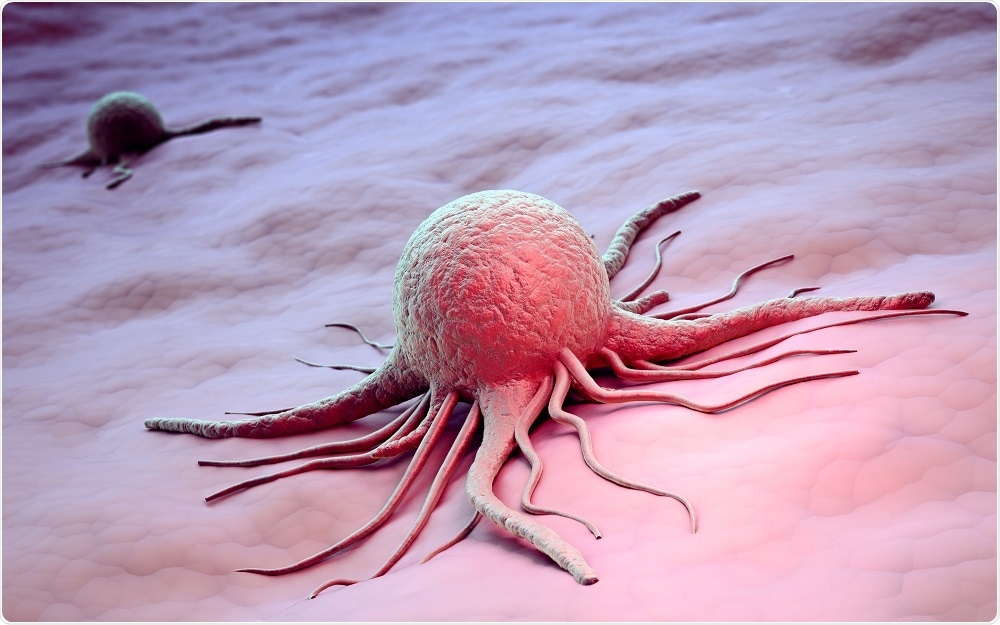Researchers have used open source data to develop a personalized risk assessment tool that can predict survival rate and treatment outcomes among patients with early-stage lung cancer.

Credit: Mopic/Shutterstock.com
The tool uses a panel of 29 extracellular matrix (ECM) genes that the researchers found were abnormally expressed in lung tumor tissue.
The traditional way of targeting cancer has been a “one size fits all” approach, but although two people may have the same type of cancer, the disease can still manifest and progress in a way that is unique to each individual.
Study author Professor Lim Chwee Teck (Department of Biomedical Engineering, National University of Singapore) says the more researchers learn more about tumour variability (heterogeneity), the more likely it is that personalised medicine will become a reality.
When precision medicine meets Big Data, its potential is even greater. With the increase of global joint efforts in sharing large-scale data, we were able to explore the genomic data across multiple cancer types through various databases.”
Professor Lim Chwee Teck
As reported in Nature Communications, examination of the open databases revealed wide tumor heterogeneity in terms of ECM gene expression among early-stage lung cancer patients.
It also identified 29 specific ECM components that could serve as biomarkers for diagnosis and prognosis, given their abnormal dynamics in cancer progression. The team used these biomarkers to create a novel gene panel that could be clinically applied.
The panel proved to be reliable in predicting survival outcomes and chemotherapy success rates in more than 2,000 patients with early-stage lung cancer. A common cut-off score was also determined for patient stratification.
Lim refers to the tool as a very exciting development that represents a big step forwards in enabling treatments to be customised for cancer patients.
Our study demonstrates how we can harness and transform unprecedented amount of genomic data into a useful decision-making tool that can be implemented in routine clinical practice. We are excited about the potential of applying our novel bioinformatics approach into the emerging area of liquid biopsy, which serves as an alternative to invasive and painful tissue biopsy.”
Professor Lim Chwee Teck
Source:
https://www.alphagalileo.org/en-gb/Item-Display/ItemId/16212